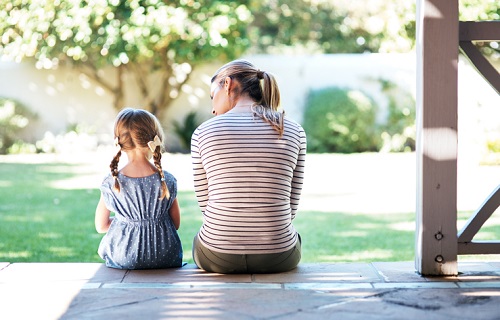
With the sustained interest among new university students to take up medical and health sciences, new research rom Griffith University is looking into developing new career pathways in intergenerational care practice.
Griffith researchers, Professor Anneke Fitzgerald and Dr Katrina Radford, have been looking into programs which integrate aged care and child-care, which has now led to the publication of an evidence-based toolkit.
The toolkit includes a step-by-step guide on how to formulate, run and evaluate a program. It also shows how much it would cost to set up and run an intergenerational care program.
Prior to the release of the toolkit, researchers who took part in Griffith’s Intergenerational Care project ran three projects from 2014-2017 to look into the feasibility of intergenerational care programs and the readiness of Australia’s curriculum and workforce for the new pathway.
Professor Fitzgerald said that while there is not a “best” model, their research – which connected children aged three- to five-years-old with adults aged over 65-years-old – found that a good program should run for 1.5-2 hours per week over a span of 8-10 weeks.
The program should also make time for one-on-one interaction between a child and an older person and include bonding activities such as reading in between middle and low levels of engagement, which come in the form of group activities.
But to ensure that the program is sustainable, Professor Fitzgerald said a skilled and well-prepared workforce is required.
This means that future carers would have to be trained into becoming intergenerational practitioners, “a specific career path that underwrites the intergenerational practice models in Australia,” she noted.
“Intergenerational care programs offer an effective, alternative model of care in Australia, so this new career pathway may address shortages in both child-care and aged care”.
The value of mixed care
The researchers believe that not only do younger children benefit through cognitive development from spending time with older people – they are also less likely to become delinquents later on.
Elderly people may also experience delayed cognitive and physical decline through socialising with children, Dr Radford said, adding that intergenerational care programs can open a way into how researchers can study how older people continue learning.
“We already know a lot about how younger people learn through pedagogy. However, we don’t know a lot about how older people learn and there is no real established eldergogy as yet,” she said.
“Our intergenerational practice research is ideal to start developing a theory that supports older people (re)learning”.


